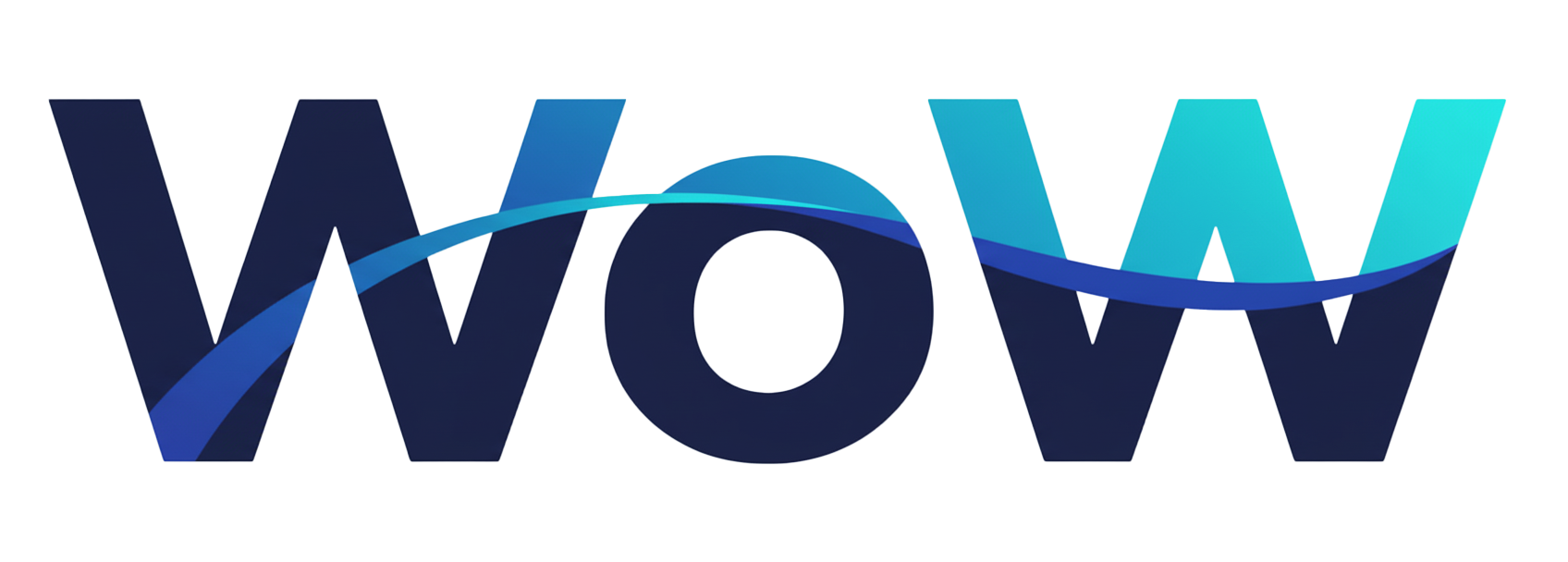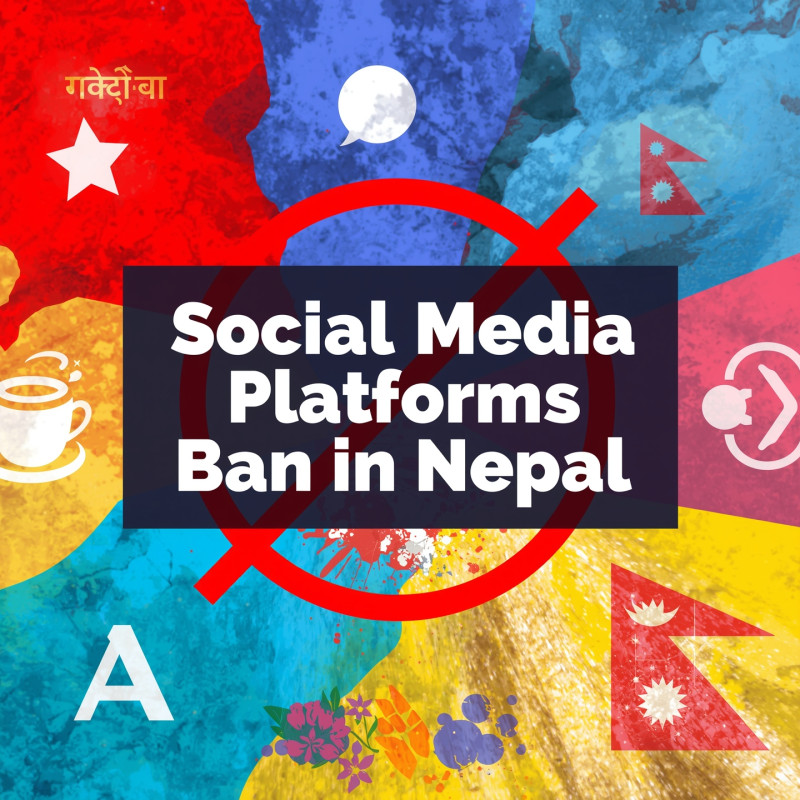Nepal woke up yesterday to a digital shockwave: the government has officially banned 26 major social media platforms, including Facebook, Instagram, YouTube, WhatsApp, X (formerly Twitter), LinkedIn, Reddit, and Snapchat. With just a stroke of policy, the country’s most-used apps vanished from screens, sending shock, anger, and confusion across the nation.
🚨 Why the Ban?
Officials argue that these platforms failed to register in Nepal and comply with new rules requiring local offices, grievance officers, and accountability systems. The government claims the move is aimed at curbing fake news, cybercrime, and the unchecked influence of foreign companies on Nepali society. Some platforms like TikTok, Viber, and WeTalk remain untouched because they agreed to the registration process.
🌐 How People Reacted
- The streets of Kathmandu, Biratnagar, and Pokhara were buzzing with disbelief. Cafés and college campuses that usually echoed with reels, memes, and TikTok dances were suddenly quieter.
- Supporters of the ban say it’s about time Nepal took control of the digital space. “We need accountability. These platforms profit from us but refuse to follow our rules,” one local entrepreneur shared.
- Critics, however, call it the beginning of censorship. Digital rights activists warn this could silence dissent, restrict freedom of expression, and cut Nepal off from the global stage.
💸 Economic Earthquake
Let’s face it: social media isn’t just for selfies and gossip. Thousands of Nepali influencers, freelancers, and businesses run their livelihoods through Facebook shops, Instagram ads, and YouTube channels. The ban has left them stranded overnight.
Small business owners worry about losing customers, while content creators fear losing their hard-earned global audience. Economists warn of a possible digital brain drain, where young Nepalis might shift their work abroad or turn to underground tools like VPNs.
😱 What’s Next?
The government insists the platforms can return once they register officially. But the big question is: will tech giants like Meta, Google, or X bend to Nepal’s rules for such a small market?
If they do, Nepal could become a regional example of digital sovereignty. If not, the country risks isolation from global communication channels—a move critics call regressive in the 21st century.
🔮 Future Predictions
Positive Scenario: Platforms register, harmful content is better controlled, and Nepal emerges as a model of digital regulation.
Negative Scenario: People turn to VPNs, black markets, and alternative apps, while freedom of speech suffers and businesses lose global reach.
⚡ Final Word
Whether you see it as bold leadership or digital disaster, one thing is clear: Nepal’s social media ban is a turning point in the country’s relationship with technology. The coming weeks will decide if this is a step toward a safer online space—or a plunge into digital darkness.
👉 What do you think: Did the government protect Nepal’s future, or just silence its voice?


Add New Comment